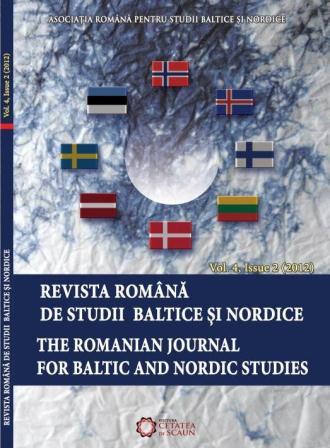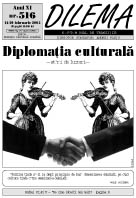Multiculturalism versus Nationalism and the role of ethnic minorities in the public life of Lithuania
Author(s): Lucia Andrievschi-Bartkiene,Raluca Glavan / Language(s): English
/ Issue: 2/2012
Keywords: Lithuania; minorities; citizenship; education; nationalism; multiculturalism
Lithuania became a European Union member in 2004 and it is intensively preparing nowadays to take over the EU’s presidency in the second half of 2013. As today EU’s agenda is oriented with priority to tackle the economic crisis, the survival of EURO zone and euro-scepticism, Lithuania’s foreign policy is focused, among others, on further development of the area of freedom and security, promoting further enlargement and development of relations with Eastern countries. In this respect, Lithuania is keen to share its integration experience with candidate and potentially candidate countries and to make the further enlargement of the E. U. in the Western Balkans countries a successful story similar to the 2004 enlargement campaign, with Croatia joining the EU on 1st of July 2013 during Lithuanian presidency and planning to have an impact on the finalization of negotiations with other candidate countries. Since joining the EU, Lithuania has experienced difficulties arising from its role as a destination, source and transit country for legal and irregular international migration. As Lithuania is one of the Member States that have external borders with non-candidate countries (Byelorussia and Russia – Kaliningrad oblast), it is as well concerned about security issues, migration and integration of minorities in the framework of the European Neighbourhood Policy. Minorities account for 16% of the population of Lithuania, out of which Poles-6.1 %, Russians and Byelorussians-6% and Ukrainians-0.6 %. Other minorities such as Jews, Germans, Tartars, Latvians, Roma, Armenians etc. account together for 0.7 % of the total population. Lithuanians generally have a positive relationship with their national minorities and the integration of former may be regarded as somewhat advanced, but discrimination cannot be excluded, especially on the labour market. The juridical situation of these minorities and the issues concerning them is the focus of this article.
More...



